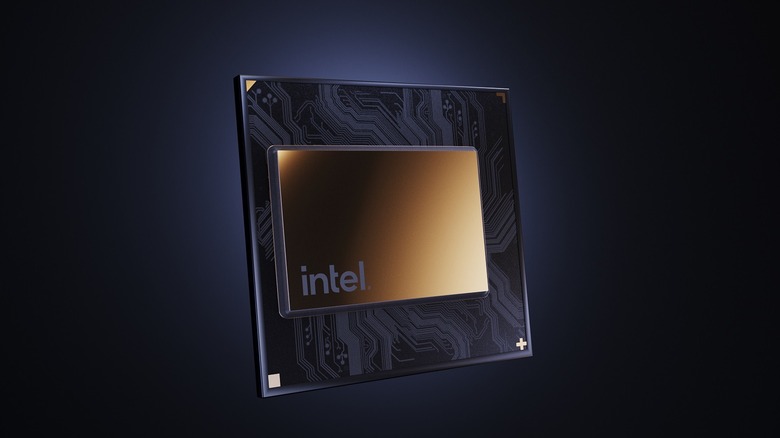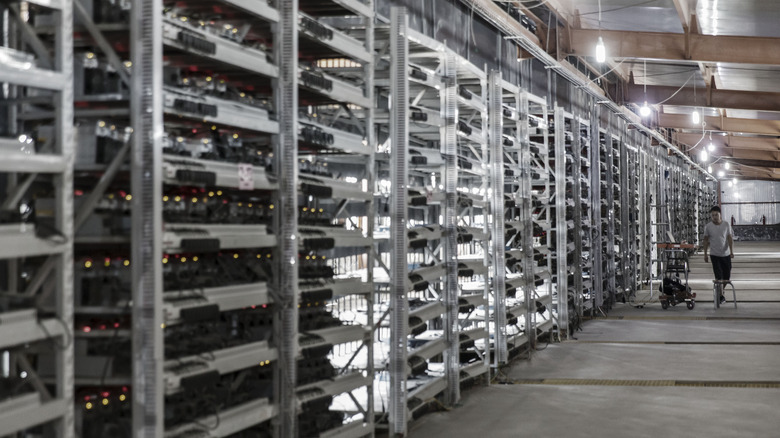Intel Is Making Custom Blockchain Chips
The rumors were true — Intel is investing in blockchain technology and will be releasing a specialized computing chip designed for just that. The usage of the chip will presumably include Bitcoin mining in as efficient a manner as possible. Intel released the news in a statement on its website, emphasizing that it plans to take part in the development of blockchain technologies in new, energy-efficient ways. In order to do this, Intel has formed a new Custom Compute Group within its Accelerated Computing Systems and Graphics unit.
The statement comes from Raja M. Koduri, the unit's senior vice president and general manager. Koduri details the group's plans, including creating new silicon that will be capable of blockchain-related tasks. Previous rumors have already pointed toward Intel planning to release such a chip. Referred to as "Bonanza Mine: An Ultra-Low-Voltage Energy-Efficient Bitcoin Mining ASIC," the chip is meant to be presented during the International Solid-State Circuits Conference (ISCCC). The conference will take place on February 20-28, 2022, so we may still hear more about Intel's plans.
Although mining cryptocurrency may be one of the intended uses of this supercomputing chip, which Koduri now refers to as a "blockchain accelerator," Intel seems to be invested in the technology as a whole and has big plans for it. This has been a long time coming: we first heard about similar plans from Intel in 2018. The so-called blockchain accelerator, set to ship later in 2022, will feature new hashing techniques and ultra-low voltage circuits. Koduri promises that this will result in up to a thousand times better performance per watt ratio than the current mining solutions (commonly involving graphics cards.)
Intel wants to make crypto-mining more energy-efficient
Blockchains are essentially public ledgers that contain information about all cryptocurrency-related transactions taking place on a given network. They are decentralized, meaning that the transactions take place without a central authority, and are approved on a peer-to-peer basis by a network of thousands of computers. As these transactions require massive computing power, they are spread over countless PCs that consume a whole lot of energy. There's a reason why there's such a buzz around the environmental impact of Bitcoin or Ethereum mining — the power required by these machines is not a joke.
Although the crypto market has been going through a rough time as of late, it's hard to deny that blockchain technology as a whole only continues to evolve. Koduri acknowledges this in his statement, highlighting the benefits of the blockchain: "Blockchain is a technology that has the potential to enable everyone to own much of the digital content and services they create. Some even call it an inflection point in computing, fundamentally disrupting the way we store, process, and transact our digital assets as we usher in the era of metaverse and Web 3.0."
This is, supposedly, where Intel's new chip comes in. Intel has already found its first customers, including Argo Blockchain, BLOCK, and GRIID Infrastructure. If Intel's chip will truly feature supercomputing powers at a lower energy cost, it might be a good thing for the future of crypto mining and the planet as a whole, or at the very least, a small step in the right direction.

